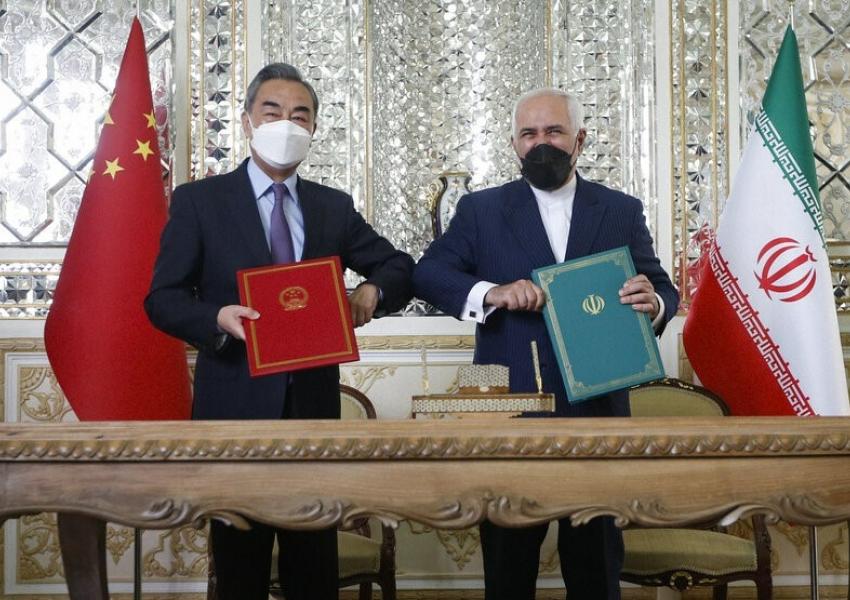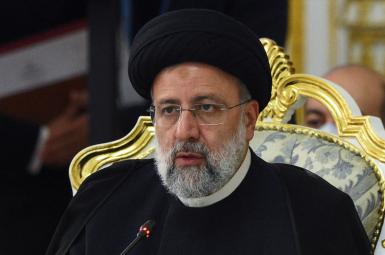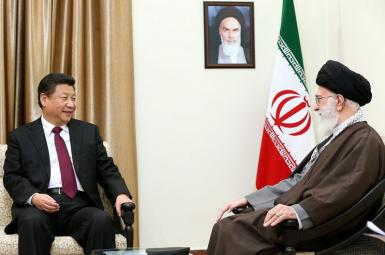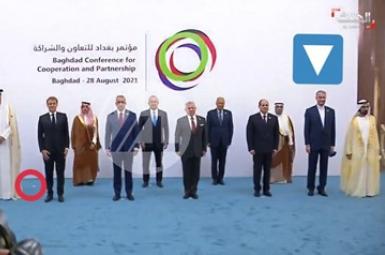
Amid Tensions With US, China Inks 25-Year Agreement With Iran
Iranian Foreign Minister Mohammad Javad Zarif and his Chinese counterpart Wang Yi Saturday [March 27] signed a controversial 25-year deal at a ceremony at the Iranian Foreign Ministry in Tehran.
For some months the proposed deal, first announced during the visit President Xi Jinping to Iran in 2016, has been enthusiastically promoted by Tehran as a "strategic agreement" covering a range of activities including business and culture, but Beijing had remained silent for months. Now, with US-Chinese tensions remaining high, Beijing has decided to challenge Washington by inking a deal with Tehran. But it is worth noting that the current version of what China calls a "roadmap" was signed at the level of foreign ministers.
Officials in Beijing have also spoken of closer cooperation with Iran. A draft agreement leaked to the press in August 2020 contained general themes, indicating economic and security cooperation.
The joint statement issued after Saturday’s signing ceremony does not reveal further details of the content of the agreement but describes it as a pact that "will bring prosperity to both nations." The Comprehensive Strategic Partnership, Iran’s first long-term agreement with a world power in 20 years, has been described by both sides as "a roadmap" for cooperation in various economic areas with a special focus on the private sectors.
Wang Yi who arrived in Tehran on Friday morning on the second leg of a Middle East tour that had taken him to Saudi Arabia and Turkey, has so far met with President Hassan Rouhani and Iran's Special Envoy Ali Larijani, an advisor to the Supreme Leader Ali Khamenei.
"China's relations with Iran will not be affected by the current situation," the Chinese foreign minister said in the meeting with Larijani, presumably in reference to tensions in China's relations with the United States. Wang Yi stressed that Beijing’s relations with Iran were "permanent and strategic."
Larijani was appointed by the government in October to oversee and finalize the deal. He had already been appointed by Khamenei to liaise with China, when he called Beijing “a trustworthy strategic partner."
Tehran’s agreement with China has been criticized by several high-profile principlists, including former President Mahmoud Ahmadinejad as well as social media users who have claimed the government wanted to cede ports and other assets to China under the deal. The rumor was echoed by lawmaker Mahmoud Ahmadi-Bighash in July who accused the Rouhani government of planning to transfer control of Persian Gulf islands to China.
China was the biggest importer of Iranian crude until the imposition of US sanctions in 2018 and their further tightening in May 2019. For more than a year China was buying a fraction of the regular quantities, but clandestine shipments picked up by September 2020. In mid-March Bloomberg reported that large quantities of US-sanctioned Iranian oil were flowing to China and substantially pushing up Iranian oil exports.
China is the biggest buyer of oil from the Middle East and the region’s top foreign investor. It has described the agreement with Iran as part of its Belt and Road Initiative (BRI), developed since 2013 to promote commercial, energy, transportation, 5G, and infrastructure projects across 70 countries.









